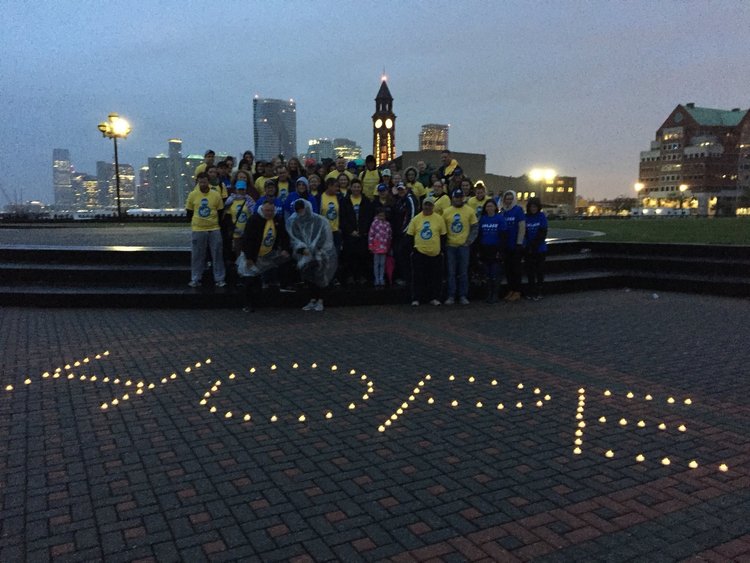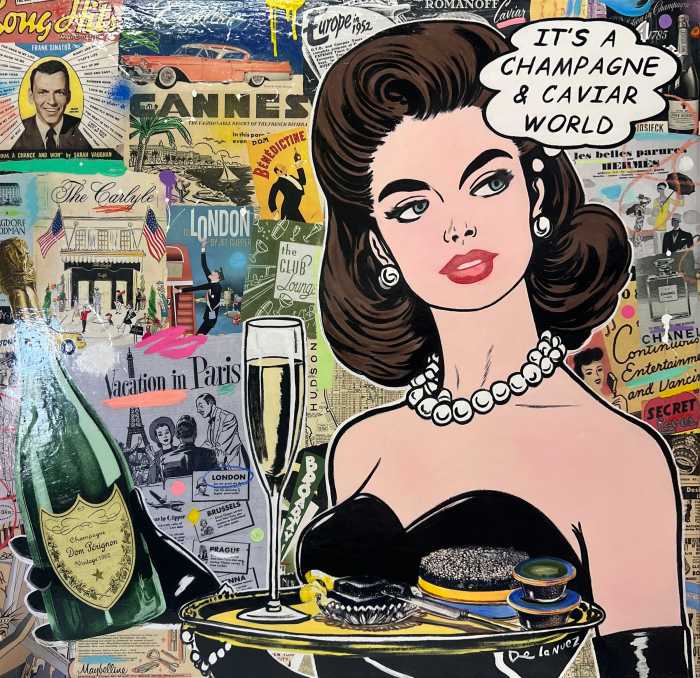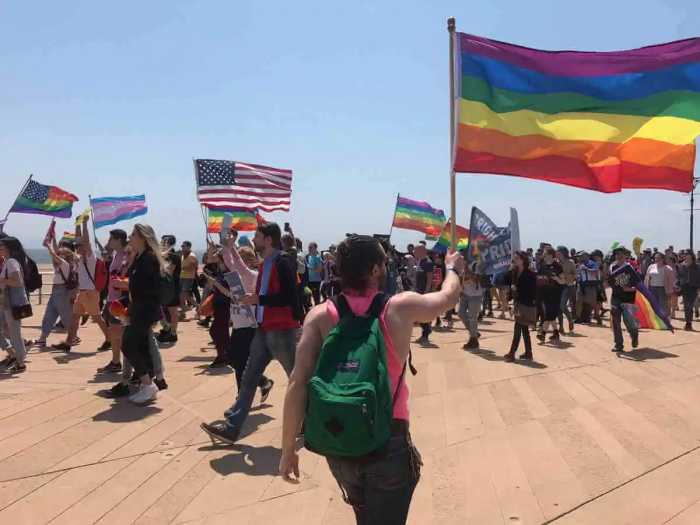Carmen Ejogo has had the chance to take on a historical figure twice in her career.
The first time she embodied the wife of Martin Luther King Jr. was in the 2001 HBO film “Boycott.”
This year’s “Selma,” out Dec. 25, sees Coretta Scott King in the thick of the horrific threats while trying to maintain a semblance of normalcy at home, in addition to supporting her husband who marched in the most violent of battlegrounds (Selma, Alabama) for the right to vote.
amNewYork spoke with Ejogo about the film.
Did you share a special moment with Coretta before she passed?
We ended up linking arms and singing “We Shall Overcome” in this auditorium. To hear her singing, which is this thing she trained to do — to actually be linking arms with this woman who was now full of voice and at her most essential was really exciting.
What do you think was her greatest struggle within the relationship?
She was a renaissance woman. She was really intellectual, academic, she was a trained singer and in some ways she was progressive. Being the wife of Martin meant that she had to suppress a lot of those capacities and abilities. She was very much trapped by her own iconography.
Where do you think the film stands in the conversation of racial equality?
The movie feels like a blueprint for how to be civilly disobedient, which in this moment in time is incredibly prescient. There’s something happening on a global level where people are recognizing that there’s a real disproportion about the handing out of power and authority. The idea of the oppressed finding their voice is ultimately what this movie is about. It’s a perfect accompaniment to what feels like a ground swell around the world to fight the power.
In the imagery alone, it’s hard not to compare it to the shooting in Ferguson and what happened with Eric Garner.
I think the comparison should be made. I don’t agree with President Obama who felt like Ferguson is not another Selma. I think it very much is. There are very clear parallels whether it be overstepping of police or authority, or lack of understanding between communities and authority. All of these kinds of things were exactly what were going on in Selma. It’s not often you get to be a part of a film that you see very clearly that it has relevance beyond the art.



































